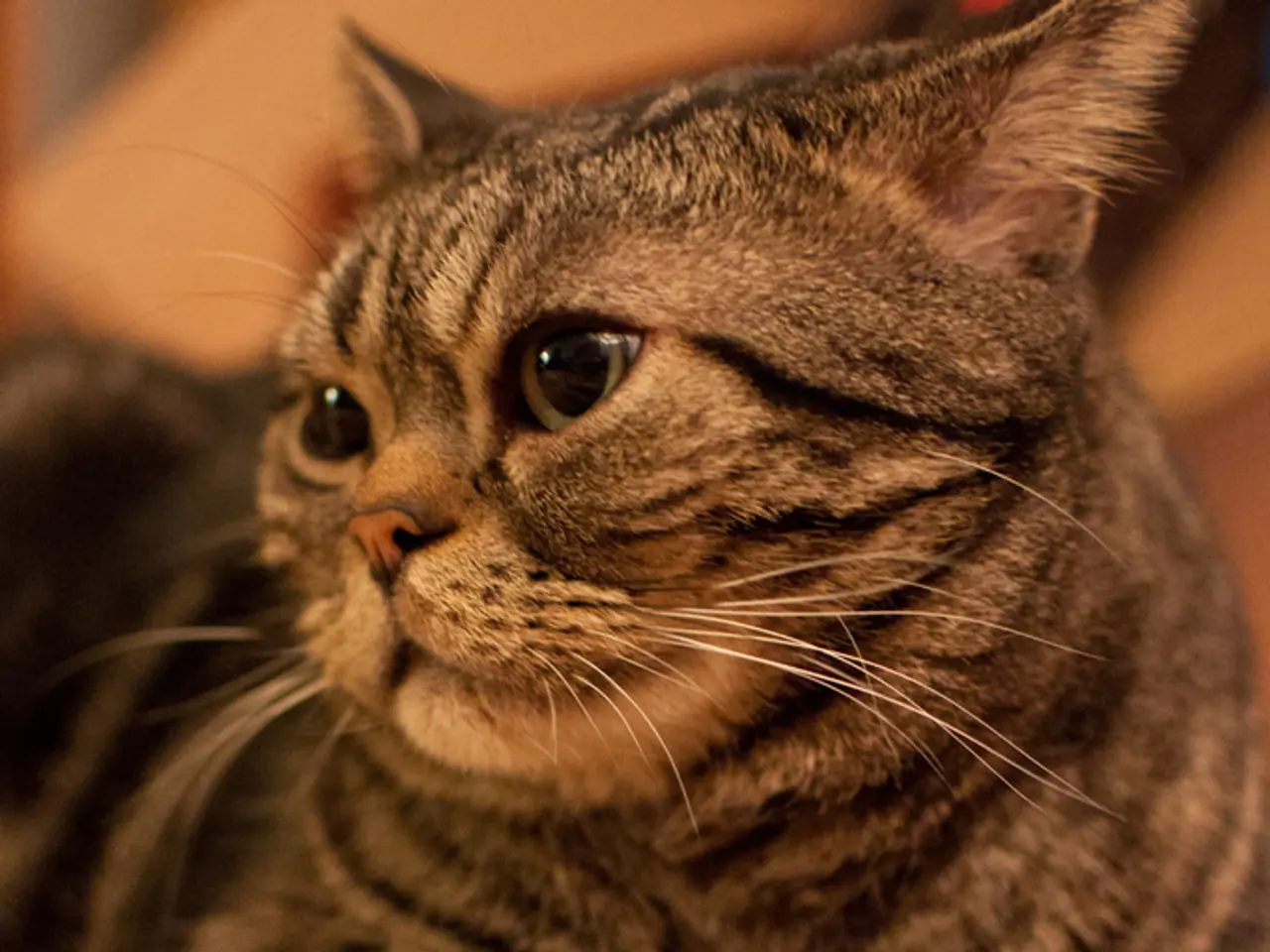Cat's Excessive Vocalizations: An Examination
Cats are known for their distinctive meows, but excessive meowing can be a source of frustration for cat owners. Fortunately, understanding the underlying causes of this behavior can help manage it effectively.
Excessive meowing in cats can stem from various factors. Primarily, it serves as a means of communication, but it can also indicate medical issues, behavioral factors, environmental influences, or breed-specific traits.
Medical conditions such as urinary tract diseases, kidney problems, hyperthyroidism, high blood pressure, and pain can cause a cat to meow excessively. Senior cats might vocalize more due to cognitive dysfunction, a form of dementia.
Behavioral and environmental factors include hunger, thirst, loneliness, boredom, stress from changes or loud noises, reproductive hormones in unspayed/unneutered cats, and learned behaviors reinforced by owner responses.
Breed-specific vocal tendencies also exist. For example, Siamese cats are known for their talkative nature.
To reduce excessive meowing, it's essential to address these underlying causes. Providing regular feeding routines, ensuring sufficient play and attention, reducing stressors, and seeking veterinary care for medical conditions are all key strategies.
For older cats with cognitive issues, veterinary advice may include cognitive support or calming supplements. To reduce excessive meowing, try feeding a small meal before bedtime, engaging your cat in active play to tire them out, maintaining consistent daily routines, and avoiding reinforcing meowing through attention or food rewards when it occurs undesirably.
During mating season, unspayed females and unneutered male cats may meow relentlessly. In such cases, spaying or neutering your cat can help alleviate this issue.
A cat might meow at night if it needs more stimulation during the day. Providing interactive toys, puzzle feeders, or regular interaction can help address this.
Allowing a cat to explore safely through an outdoor cat enclosure or cat door might stop meowing. Indoor-outdoor cats may meow to gain access in or out, especially if their routine has changed.
Sometimes excessive meowing may be due to the cat missing its owner. In such cases, a pet sitter may help reduce excessive meowing during long periods away.
Cats' behavior can change due to age, a new pet, a move, or spending time alone. In such instances, gradual adjustments and patience can help manage the situation.
In summary, understanding the root cause—whether medical, emotional, environmental, or breed-related—is essential to effectively reduce excessive meowing in cats. Regular veterinary check-ups are important to rule out or treat medical conditions that may be contributing factors.
- Medical issues like urinary tract diseases, kidney problems, hyperthyroidism, high blood pressure, and pain can cause a cat to meow excessively, necessitating veterinary care.
- Behavioral factors such as hunger, thirst, loneliness, boredom, stress from changes or loud noises, and learned behaviors can also lead to excessive meowing, requiring attention to the cat's lifestyle and environment.
- Environmental influences, including the presence of pets, changes in the routine, or new living environments, can contribute to a cat's excessive meowing.
- Breeds like Siamese are known for their talkative nature, which might make them more prone to excessive meowing compared to other breeds necessitating special lifestyle and communication adjustments.




